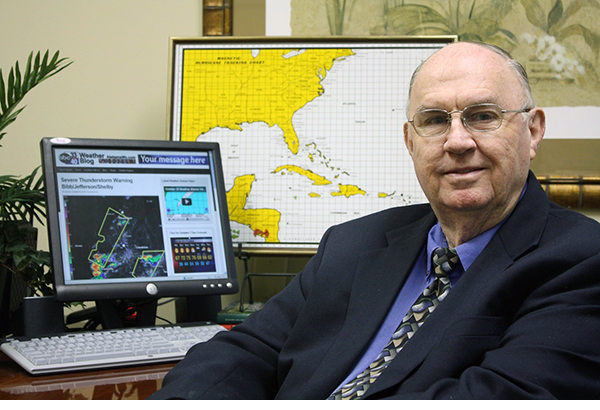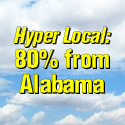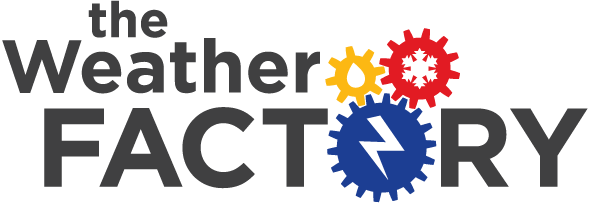What’s In An (Asteroid) Name?
If you named a star for your biggest fan this mothers day, enjoy the $40 certificate and by all means, take Mom out on the next clear night to look for her star, but don’t expect to find it in any official star catalogs.
Star naming is controlled by the International Astronomical Union (IAU), the worldwide professional organization of astronomers. They take naming very seriously and pay no attention to these retail naming services.
While some bright stars have names stemming from Arabic, Greek or Latin, most have alphanumeric designations like HR 7001, or the Bayer designation which consists of a greek later and the constellation it appears in such as ? Orionis also known as Rigel.
Asteroids and comets receive a sequential number from the IAU Minor Planet Center as their permanent designation, but discoverers can also submit an additional name for approval. Only about 6% of the nearly quarter million objects in the database have names.
Names must be fewer than 16 characters, preferably one word, pronounceable, and nothing similar to an existing name. Commercial names and naming an asteroid after your pet are discouraged. Military or political leaders are okay, but only after 100 years have passed after their death.
Asteroid 9007 was, of course, named for JamesBond, Asteroid 26858 was named for lifelong amateur astronomer and all around good neighbor Misterrogers. Star Trek is well represented with asteroids 9777 Enterprise, 4864 Nimoy, 7307 Takei, and 68410 Nichol and most recently 391257 WilWheaton, though still none named for Shatner.
Astronomers are known for naming discoveries after favorite musicians including 3834 Zappafrank, 22521 ZZTop, 17473 Freddiemercury honored his 70th birthday, 19383 RollingStones and the list goes on.
Asteroid JamesSpann is out there somewhere, awaiting discovery.
Category: ALL POSTS, Spacey Stuff















